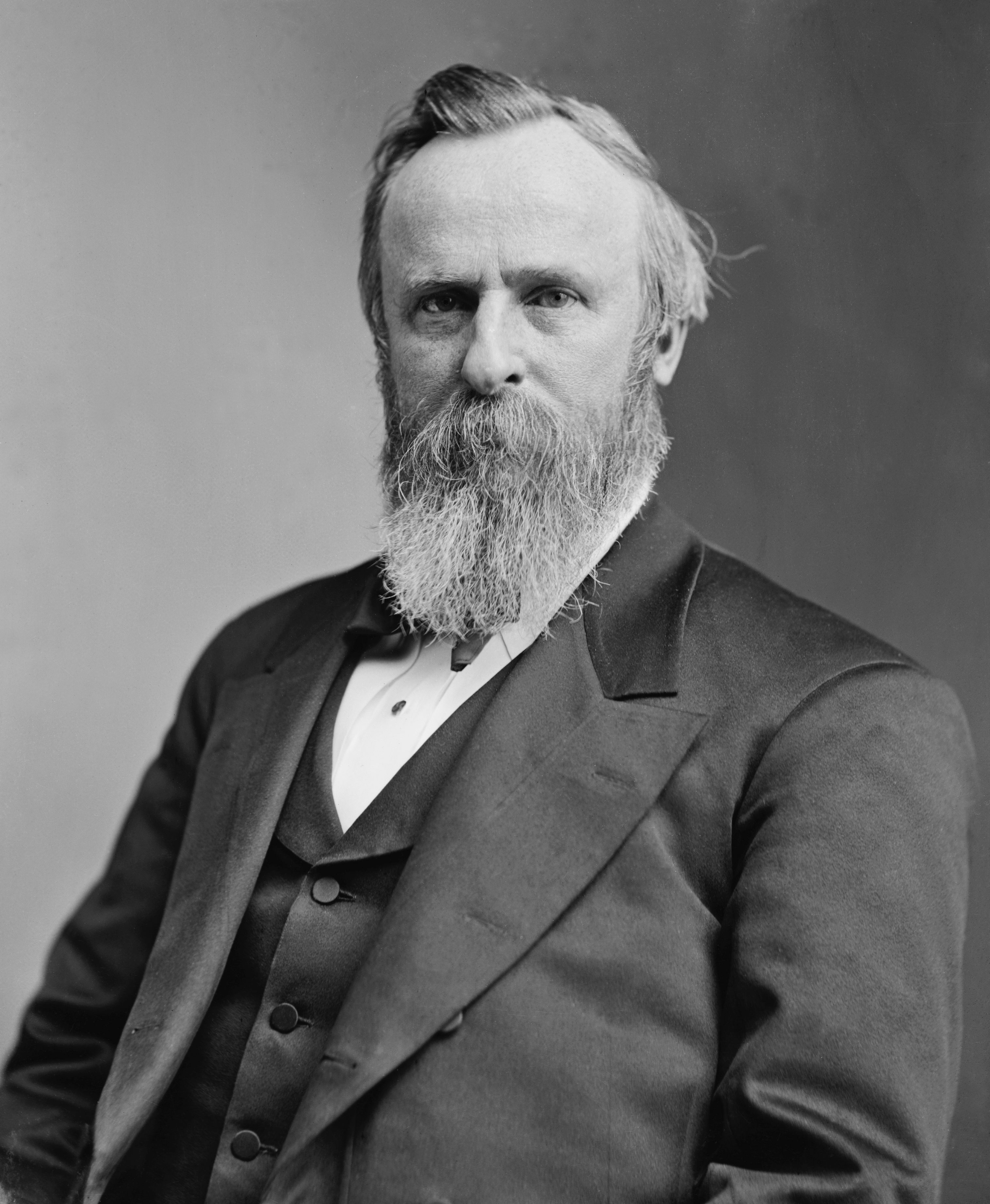Authors:
Historic Era: Era 5: Civil War and Reconstruction (1850-1877)
Historic Theme:
Subject:
February/March 2021 | Volume 66, Issue 2


Authors:
Historic Era: Era 5: Civil War and Reconstruction (1850-1877)
Historic Theme:
Subject:
February/March 2021 | Volume 66, Issue 2
Rutherford B. Hayes entered the White House under the cloud of the disputed election of 1876 and the ensuing electoral crisis, and the cloud did not dissipate during his four years in office. To many voters—some Republicans, as well as most Democrats—Hayes' title to the presidency was a fraudulent one, resting upon an unjust claim to electoral votes that rightfully should have been cast for his opponent in the election, Samuel J. Tilden.
Election of 1876

Historians today generally agree that the election was marked by sufficient confusion, especially in the southern states, to warrant the raising of honest questions about which candidate won in several states. In the winter of 1876-1877, the matter was highly charged with partisan emotion, and the champions of neither candidate were inclined to concede honest motives to their opponents. Hayes never doubted the legitimacy of his victory, and certainly his supporters never acknowledged that fraud had marked their efforts to secure him the presidency.
But from the start of his administration, Hayes suffered from what is today known as a “credibility gap” in his relations with Congress, the press, and much of the public. He was seldom permitted to forget the tenuousness of his claim to office, and his more vengeful enemies at times pitilessly taunted him with such epithets as “His Fraudulency” and “Rutherfraud.”
In the presidential election, Tilden had won a clear popular majority and claimed 184 electoral votes. Republican leaders immediately challenged the announced results in Florida, Louisiana, and South Carolina, charging that wholesale fraud and intimidation of black voters by the Democrats had invalidated the apparent Tilden victory. If the Republicans could reverse the announced results in the three states, Hayes would win the election with 185 electoral votes.
Both parties sent “visiting statesmen” to the South, the Democrats to protect their victories, the Republicans to challenge the results. Although the Republican effort was initiated and directed by Senators Zachariah Chandler and William E. Chandler, chairman and secretary respectively of the Republican National Committee, Hayes fully supported the challenges and kept himself in close touch with the situation as it developed through the winter.
In all his communications with the principals in the challenges, Haves was careful to insist that honesty and fairness characterize the resolution of the dispute. But many “visiting statesmen'' paid little or no attention to this instruction, and the history of the struggles between Republicans and Democrats in the three contested states is rife with instances and rumors of fraudulent activities. The key state turned out to be Florida, and four electoral votes there probably should have gone to Tilden, enough to elect him.
But the evidence upon which to make a definitive